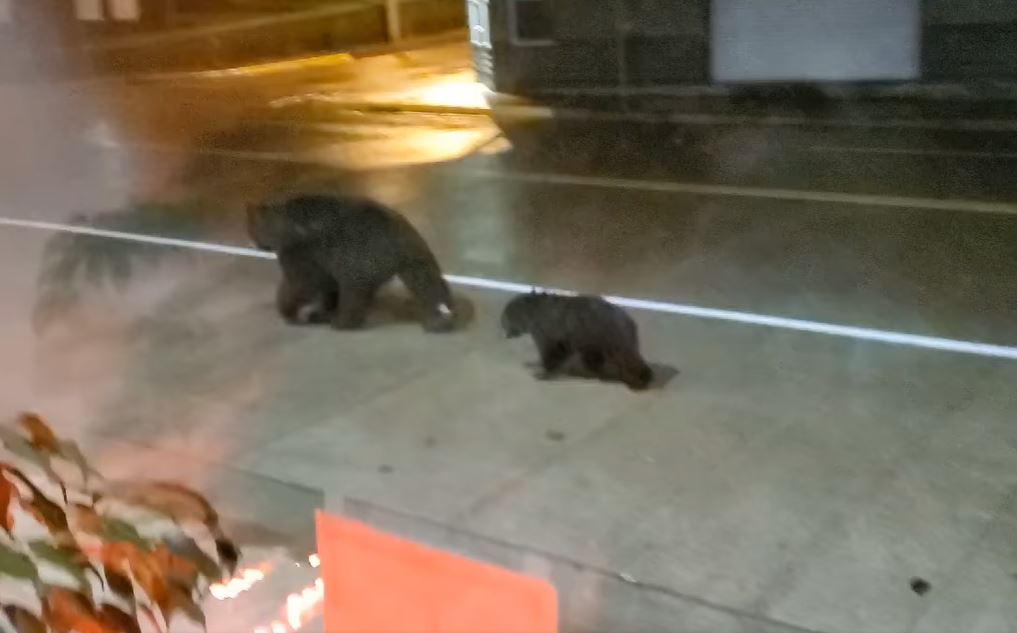
It’s early fall in Petersburg and that means that bear activity is increasing around town as the bears look for extra food before hibernation.
Bear safety is something that local middle school-aged children learned about at a summer science camp last month. KFSK’s Angela Denning reports:
Several kids are sitting at picnic tables in a shelter at a local park. Today they’re learning about bears from a few wildlife biologists.
“Look around, what’s the closest bear habitat?” said Frank Robbins, Area Management Biologist for the Alaska Department of Fish and Game. “It’s right here, I mean we’re living in the bear habitat.”
He asks the kids what is the best thing to do to avoid interactions with bears.
11-year-old Emi Anderson has some ideas.
“Don’t feed them and close up your garbage can,” she said. “So, don’t leave your garbage laying out in your garbage bags if your garbage is full. Like put it in your garage or leave it in your house if you have a place you can leave it, don’t just leave it outside.”
Robbins says she’s right. Bears have an outstanding sense of smell. He says trash management is the number one thing people can do to avoid bears in town.
“They can smell that potential food from a great distance,” he said. “And then they come into town.”
Okay, so, that’s in town. When out hiking or hunting, he says it’s best to target a bears other sense: hearing.
Robbins: “Be loud. If you’re going to be loud, what might you say? Say you’re walking through the forest and you’re going to be loud, what are you going to do?
Kid: “You can talk loudly.”
Robbins: “You can talk loudly or you can just announce your presence. HEY BEAR. HEY BEAR, HERE I AM. HEY BEAR. Just let them know you’re around. Okay, let’s practice. On three I want to hear it…one, two, three.
All kids: “Hiiii Bear!”
Also, Robbins says it’s smart to travel with others.
“I think probably the best thing we can do is when we’re out in the field is have somebody with us,” he said. “Go in groups; avoid going alone as much as possible.”
But if you can’t travel in a group, ADFG Wildlife Biologist Dan Eacker says bear spray is a very effective deterrent. He has spent years out in the field alone in Alaska and Montana and that’s what he carries with him.
“A lot of people, if they are being charged, it’s hard to get a weapon out and be able to shoot a pistol or something like that if a bear is rushing right at you,” Eacker said. “But the bear spray makes a big cloud of spray and as soon as the bear gets a little bit of whiff of that, it temporary blinds them and gets in their nose. It gets them right out. It’s a highly effective spray.”
To address bears in Petersburg, a team has formed, which includes Robbins, the police department, public works, and the Alaska State Troopers. Public Works Director, Chris Cotta, is reviewing the trash ordinance and the group will be considering updates. That could include tiered violations for bears getting into trash that start with warnings and get more severe.
The Public Works Department is asking residents to wait to put their trash bins out until the morning of their pick up to help prevent bears from coming around. Police Chief Jim Kerr reminds kids that bear cubs might look cute but they’re wild animals whose mothers are usually nearby.











